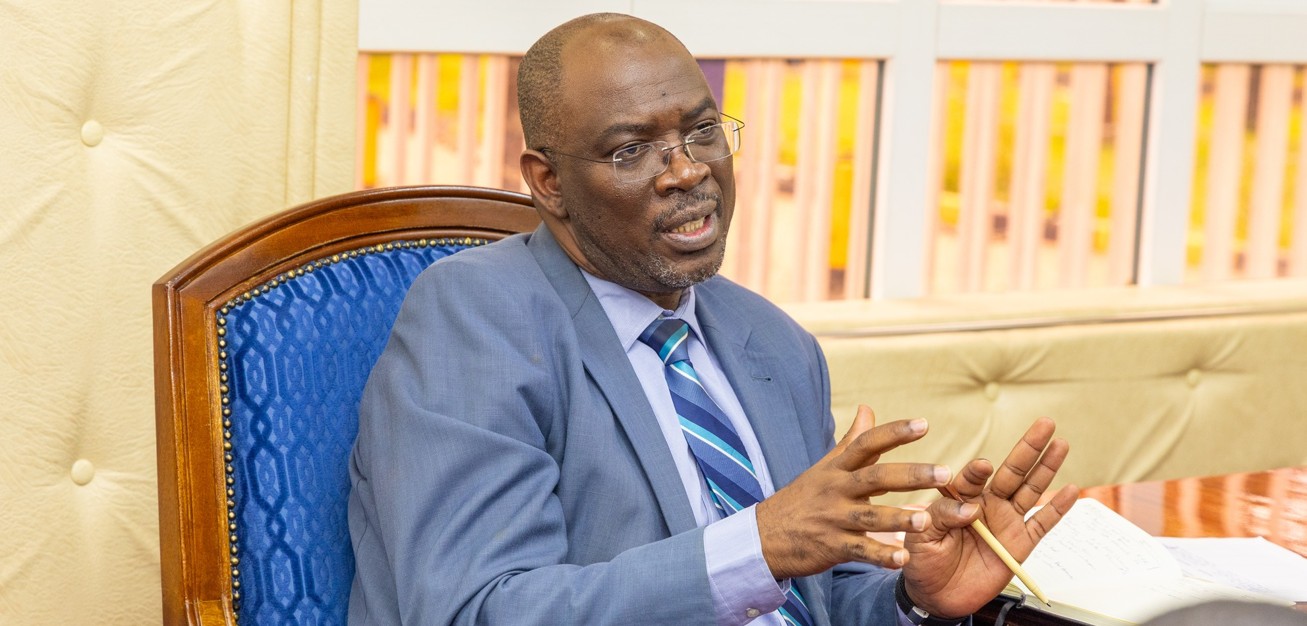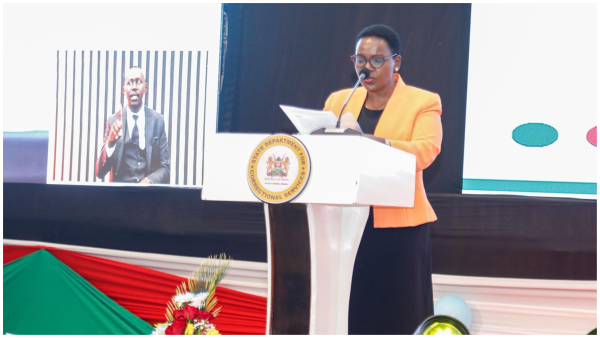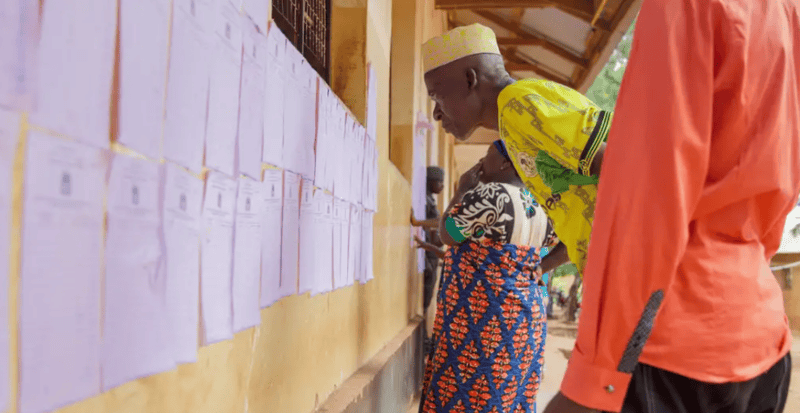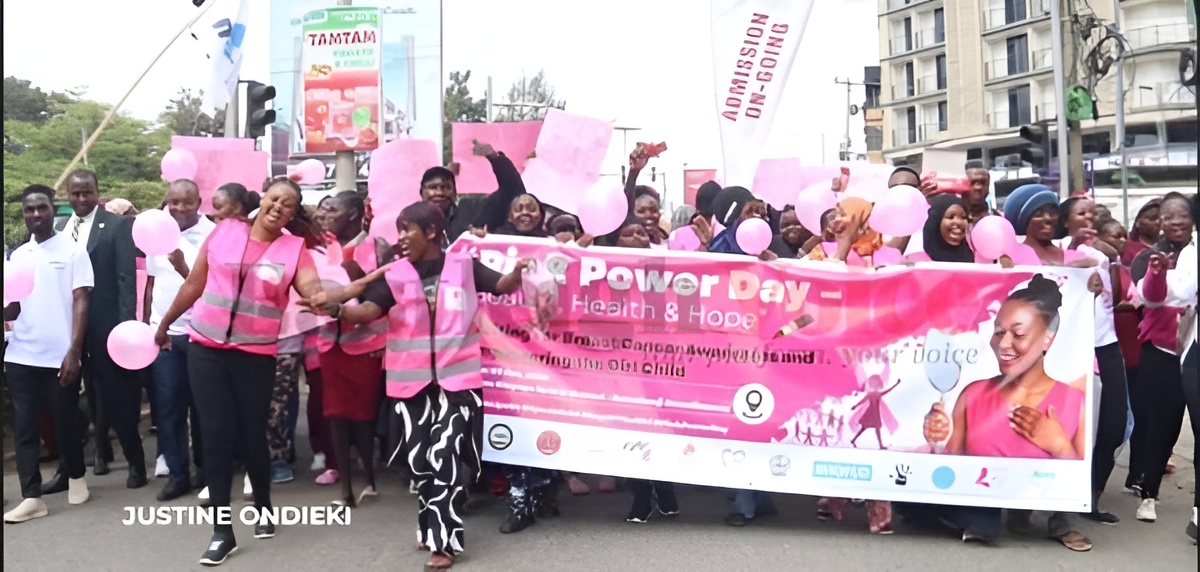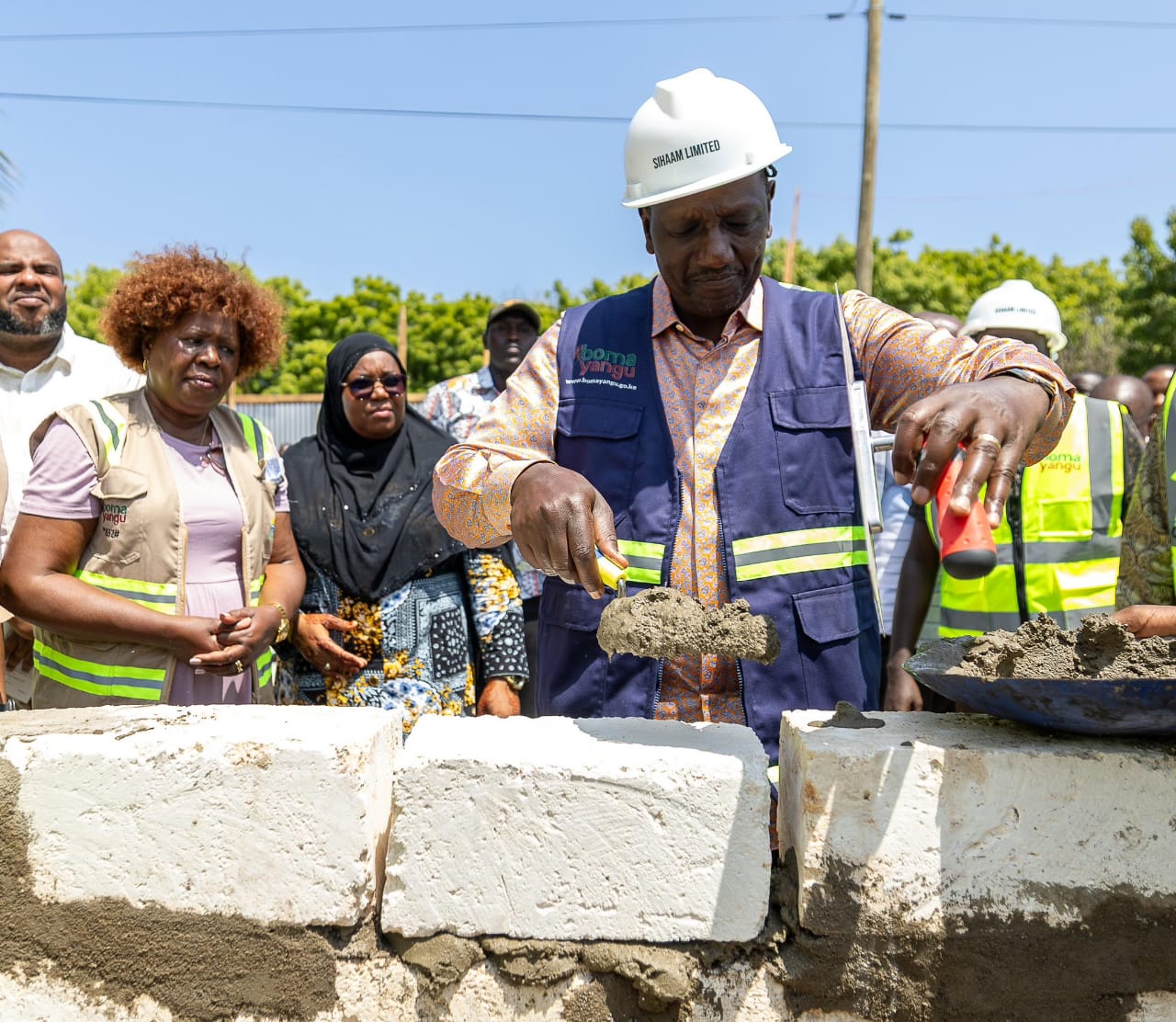Ruto calls on Kenyan men to champion fight against FGM
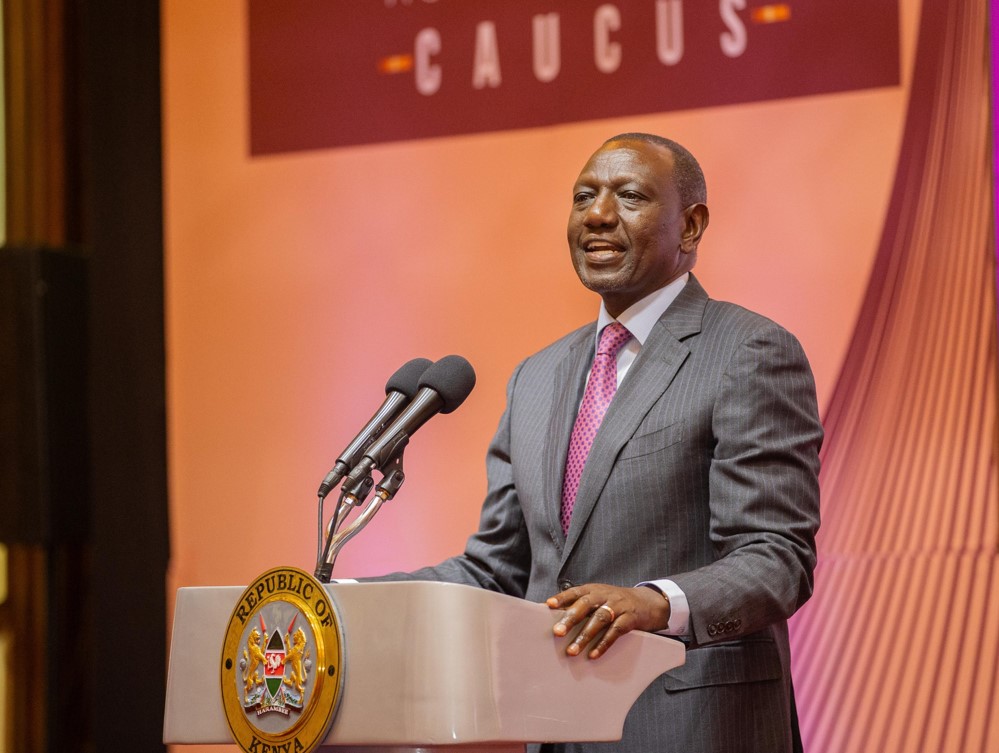
The President stressed the importance of men's involvement in ending the practice and promoting gender equality.
President William Ruto has urged men to take a stand against Female Genital Mutilation (FGM), emphasising its detrimental effects on women's confidence and overall well-being.
Speaking on Thursday during the launch of the Women Governors Caucus G7 Strategy in Nairobi, Ruto stressed the importance of men's involvement in ending the practice and promoting gender equality.
More To Read
- From silence to strength: The Kenyan women ending FGM and early marriages
- President Ruto outlines four Raila-inspired pillars to drive Kenya’s growth
- Raila Odinga’s life offers five key lessons to guide Kenya’s future - President Ruto
- Raila was a political engineer, and I was his student- Ruto
- Ruto: I reached out to Raila after 2022 elections to right historical injustices
- Ruto recounts painful moment he found out about Raila’s death
He called on both male and female leaders to work together to protect children, particularly girls, from FGM, early pregnancies and early marriages.
"I want to tell men to come forward and protect our women from FGM even if it is for selfish reasons. FGM destroys women and makes them less confident, and less effective and creates many challenges around it. Men should be champions against FGM because you know what it is. It destroys everything that would be good in a woman. We are the ones who enjoy," Ruto said.
Ruto also called on women who come from counties that have FGM prevalence to go out of their way to ensure this stops, insisting that those acts are destroying the future of children.
“I am asking women and men leaders to work together and protect our children, especially from early pregnancies, early marriages and FGM which are more prevalent in our country,” he said.
“Please take it upon yourselves as you do the many things to also work with us and ensure we protect our children, especially the girls.”
Women inclusion
He noted that the country can accelerate its progress to becoming an industrialised, high-income economy by radically enhancing the inclusion of women.
The Kenya Demographic Health Survey 2022, revealed that the prevalence of FGM practice has declined significantly, from 38 per cent in 1998 to 15 per cent in 2022.
According to the report, 15 per cent of women aged 15–49 are circumcised in Kenya with the most common type of FGM being type II (cut, flesh removed).
“Seventy per cent of circumcised women have undergone this procedure. 12 per cent of circumcised women have undergone either type I procedure (cut, no flesh removed) or the type III procedure (also known as infibulation) of FGM,” reads the report.
In addition, the percentage of females who are circumcised is higher among women aged 40–44 at 24 per cent and 45–49 at 23 per cent, than among women aged 35–39 (19 per cent) or younger (16 per cent or lower).
Further, the prevalence of female circumcision is higher in rural (18 per cent) than in urban areas (10 per cent)
Top Stories Today



